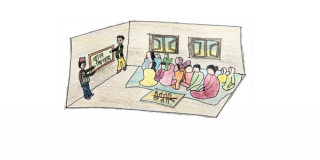
Over three years, one VSO project in Nepal changed the lives of 80,000 people by raising awareness of the harmful norms surrounding gender-based violence, sparking a national debate and helping women in Nepal access the justice they deserve. Safiya Bashir shares three stories of change.
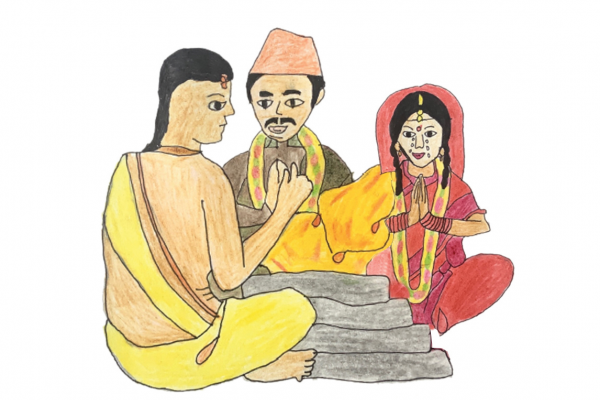
SUNITA
The day Sunita walked into court to file for a divorce from her abusive husband, she knew the neighbourhood was not on her side. She could hear their words in her head - “you’re bringing shame on your family” - and their accusations of how she was destroying longstanding traditions.
But she had to leave. After being forced to marry a 33-year-old man when she was just 16 years old, Sunita had already endured enough. Giving birth to two daughters, Sunita was shunned for not bearing a son and experienced years of mental and physical abuse at the hands of her husband and in-laws.
Others encouraged her to try and make her marriage work, but Sunita refused to back down. With seed funding from VSO to set up her own small business, alongside being freed from her marriage, Sunita became a seamstress. She grew in confidence and finally had money of her own.
Sunita is now a successful single mother able to provide financial stability to her two daughters, both of whom are excelling at school, and is respected amongst those in her community. Sunita now shares advice on gender-based violence with young women in her community and urges survivors to speak out against their abusers.
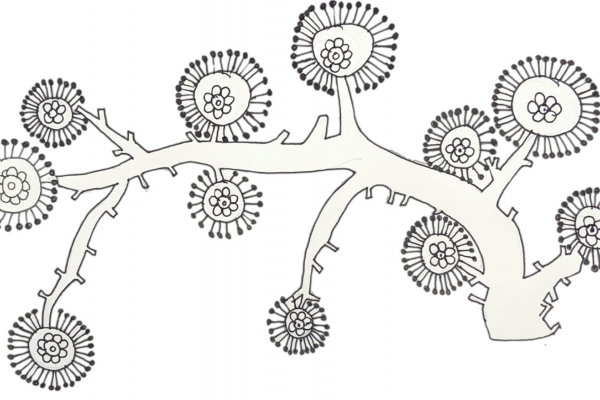
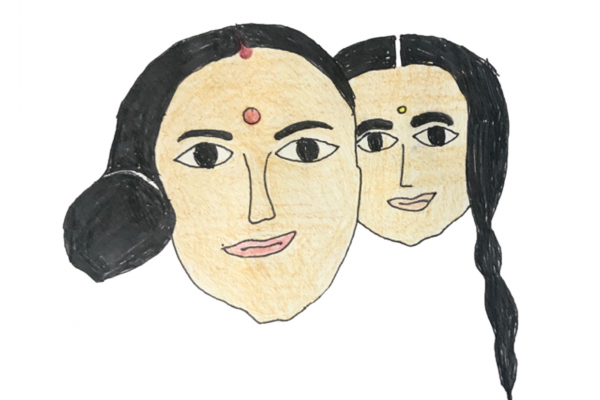
MUNNI
As a community volunteer, Munni has seen a number of women like Sunita rise up and refuse to be defined by their circumstances or by other people. Munni has supported women and girls who are going through discrimination, violence and abuse, and says she has changed the lives of at least 80 people in her community. “This project has given me and others in the community hope.”
However, Munni has also overcome her own challenges, suffering through bullying and exclusion as a child. Munni was a member of the only Dalit family in her village, meaning she was considered to be of a lower caste and therefore unable to visit her neighbours’ homes or drink from the local well.
With the courage to stand up for women, she is now loved and respected in her village. “The community knows me better now. I know my community members better too,” she say
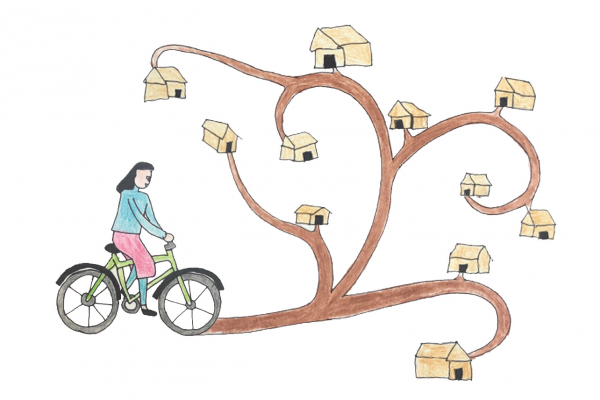
MATRIKA
Ready to carry the baton for future generations is Matrika, who at just 16 years old, is unafraid to speak up against child marriage and gender-based violence. Through after-school clubs, Matrika and his classmates have learned, shared, rallied and debated.
These conversations prompted Matrika and classmates to step in and offer their support when they heard of a man coming home drunk every evening and beating his wife. They shared with her what they knew of the law in Nepal, telling her, “It is not just outsiders who commit crime.” She decided to seek help and the group waited with her while authorities came to speak to the man.
“I have learned the difference between right and wrong,” said Matrika. “The older people, who are important in the area, do not like it. Why should it only be the youth that have to listen to the old? We are adamant that the old should also listen to the youth,” says Matrika.
“I think about what we have done, the lives that we have protected, the thoughts that we have changed. Some are still angry with us.
“They say we are destroying our history, our culture. I disagree. We follow the law and tell them the law does not allow underage marriage. We are the youth. We are the change.”
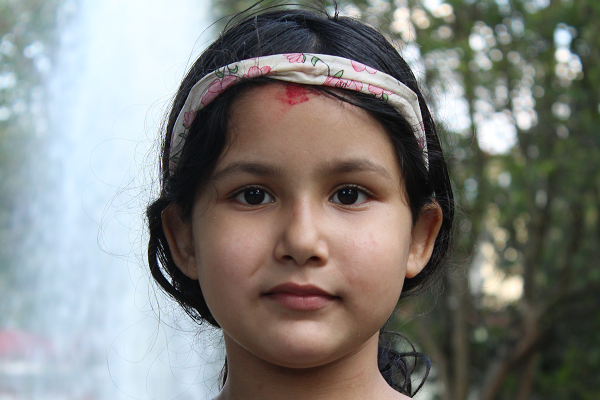
Our illustrator
After reading these stories, eight-year-old artist and photographer Vidheha Ranjan from Kathmandu, Nepal kindly sent us the beautiful drawings you can see featured on this page. She has been traveling across Nepal for quite a few years and has also been to the Terai plains where the stories are set. Vidheha's mum shared the stories with her and let her do what she wanted.
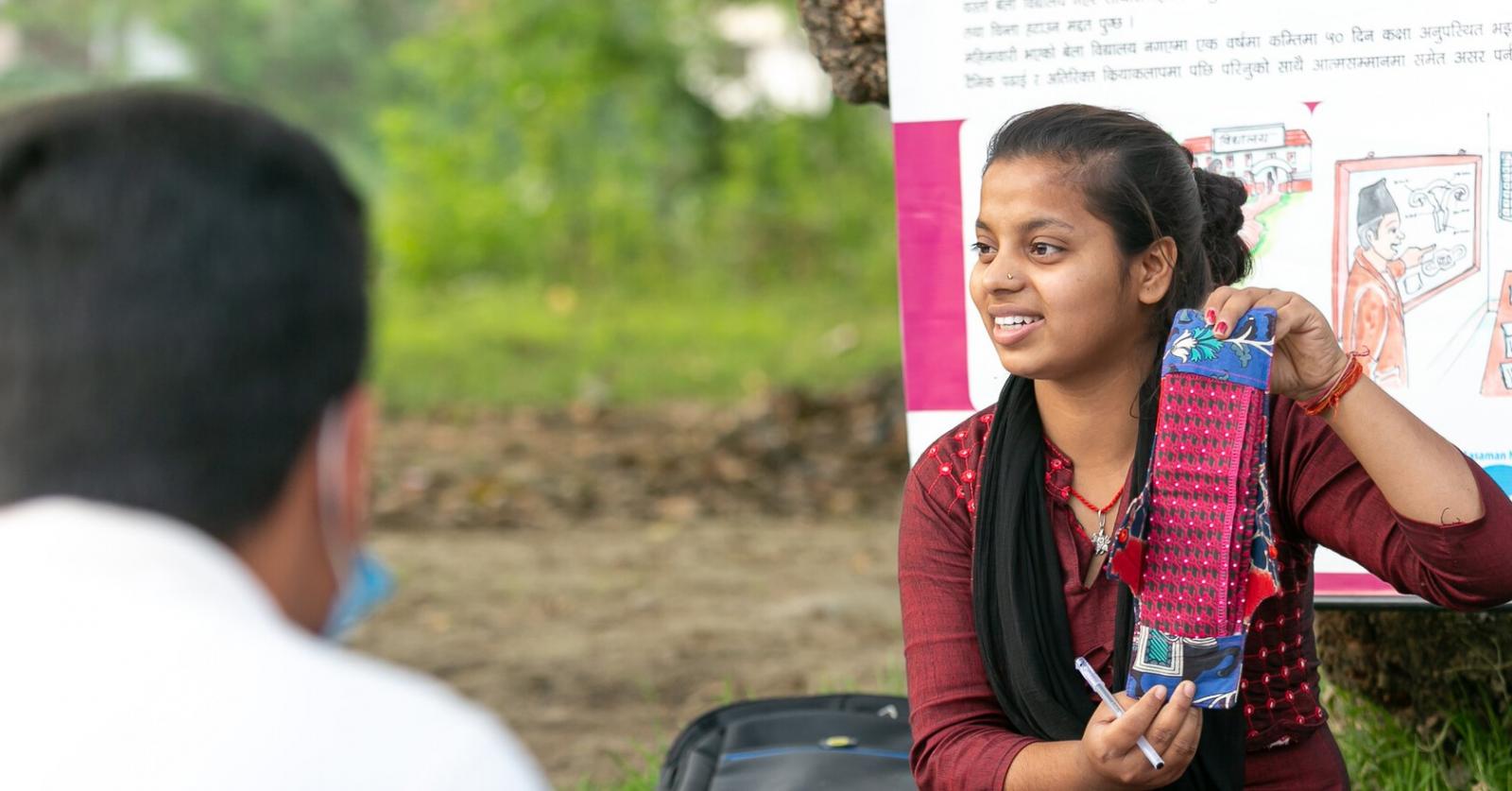
Support us with a donation
Read more
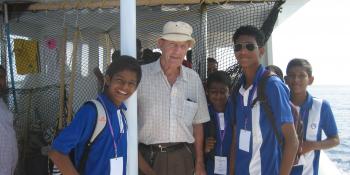
Transforming lives through education: Geoffrey’s VSO legacy
With a deep belief in the transformative power of education, Geoffrey from Norfolk, UK, has devoted his life both in the UK and abroad to making education more accessible for all.
